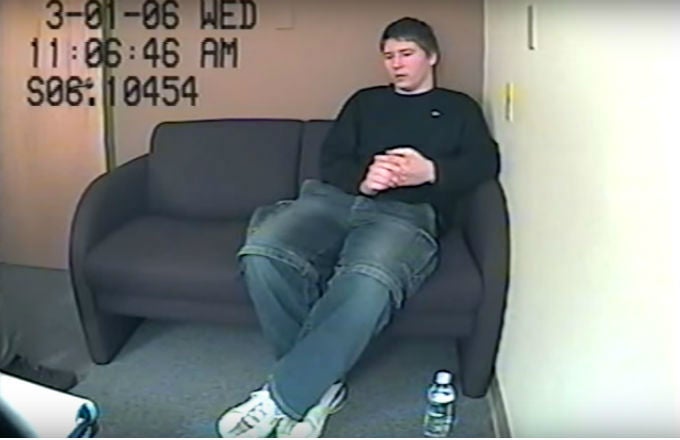Brendan Dassey: Read how a judge overturned Making a Murderer subject's conviction
Defence lawyer's conduct criticised in damning judgment and crucial confession was given under unreasonable pressure

Your support helps us to tell the story
From reproductive rights to climate change to Big Tech, The Independent is on the ground when the story is developing. Whether it's investigating the financials of Elon Musk's pro-Trump PAC or producing our latest documentary, 'The A Word', which shines a light on the American women fighting for reproductive rights, we know how important it is to parse out the facts from the messaging.
At such a critical moment in US history, we need reporters on the ground. Your donation allows us to keep sending journalists to speak to both sides of the story.
The Independent is trusted by Americans across the entire political spectrum. And unlike many other quality news outlets, we choose not to lock Americans out of our reporting and analysis with paywalls. We believe quality journalism should be available to everyone, paid for by those who can afford it.
Your support makes all the difference.In reaching his decision to overturn the controversial conviction of Brendan Dassey, Judge William Duffin paints a devastating picture of a broken legal system that worked against a confused and vulnerable 16-year-old defendant.
In particular it singles out for criticism the conduct of Dassey’s lawyer, Len Kachinsky, and the way two investigators went about obtaining a crucial confession.
Viewers of Making a Murderer will remember how Mr Kachinsky gave a string of media interviews after being appointed to the case and immediately suggested his client would co-operate with the prosecution and help provide evidence against his uncle Steven Avery.
Mr Kachinsky helped arrange for two investigators to interrogate Dassey in May 2006. Dassey was interviewed alone, without his lawyer or his mother present, and confessed to his role in the murder of Teresa Halbach.
Mr Kachinsky was removed as counsel soon after. In his written ruling Mr Duffin, US district court judge in Wisconsin, accused Mr Kachinsky of misconduct.
“Although it probably does not need to be stated, it will be: Kachinsky’s conduct was inexcusable both tactically and ethically,” he wrote. “It is one thing for an attorney to point out to a client how deep of a hole the client is in.
“But to assist the prosecution in digging that hole deeper is an affront to the principles of justice that underlie a defence attorney’s vital role in the adversarial system.”
The centre piece of the trial was an earlier interrogation conducted on March 1, 2006 when Dassey was questioned by two investigators, Mark Wiegert and Tom Fassbender.
Given Dassey’s low IQ, young age and absence of lawyer or guardian, Mr Duffin found, the subsequent confession was unreliable.
“The investigators repeatedly claimed to already know what happened on October 31 and assured Dassey that he had nothing to worry about,” he wrote in his order.
“Especially when the investigators’ promises, assurances, and threats of negative consequences are assessed in conjunction with Dassey’s age, intellectual deficits, lack of experience in dealing with the police, the absence of a parent, and other relevant personal characteristics, the free will of a reasonable person in Dassey’s position would have been overborne.”
Join our commenting forum
Join thought-provoking conversations, follow other Independent readers and see their replies
Comments